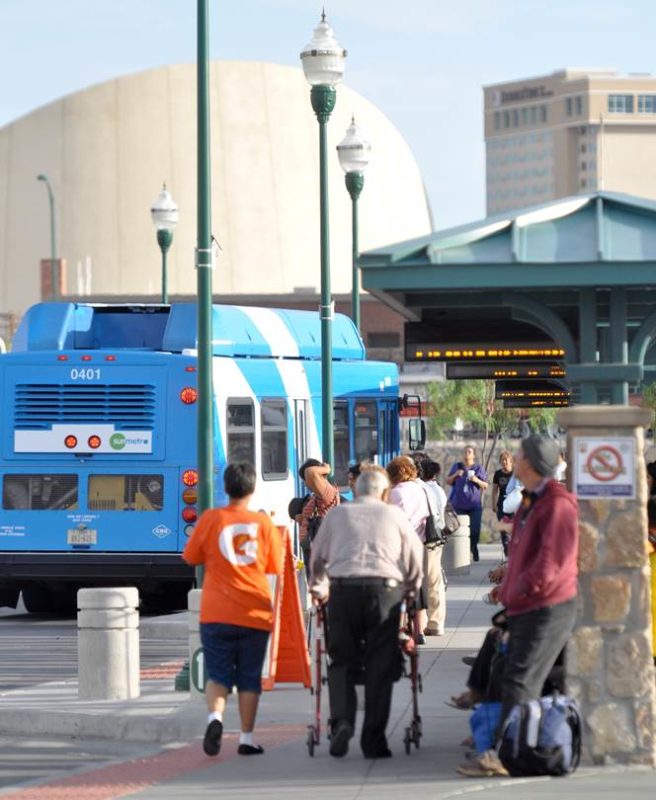Learning more about the people in a region can help agencies better determine how to mitigate risks to (and better serve) local communities.
What’s the Problem?
Communities are vulnerable. While transportation can benefit local communities—facilitating evacuations during disasters, for example—it can also present hazards. To understand the impact of transportation on a local population requires first understanding the population itself. How can that information be gathered effectively and used to benefit people?
What’s the Solution?
Knowing more about a local population can help engineers, planners, and policymakers minimize potential threats and better serve a community’s needs. Social (e.g., age, race), economic (e.g., poverty rate, employment profiles), and health (e.g., disabilities, mortality rate) information can yield insights into how to minimize localized social vulnerability (generally defined here to mean a population’s risk of being adversely affected by environmental circumstances).
Local agencies can better understand and address social vulnerability—a population’s risk of being adversely affected by environmental circumstances—by leveraging readily available social, economic, and health data about their communities.
How Was the Study Done?
The goals of this project were identifying where data about social, economic, and health vulnerability can obtained from, how agencies in El Paso are currently using these data, and making recommendations for both. Researchers with the Texas A&M Transportation Institute’s (TTI’s) Center for International Intelligent Transportation Research (CIITR) queried local/state agencies and other organizations in El Paso regarding their use of social, economic, and health data. For example, they determined how socio-economic data was assessed when the El Paso Metropolitan Planning Organization developed its Amended 2035 Metropolitan Transportation Plan. The team then cataloged federal, local/university, and private data resources to create an excellent primer for stakeholders to use when planning. They then pointed out limitations with currently available data sources, detailing such issues as delay in information reporting. The researchers found other examples of how agencies use the data in The City of El Paso’s Comprehensive Master Plan and El Paso Fire Department’s Community Risk Analysis and Standards of Cover assessment.
Research Recommendations
Suggestions for stakeholders to consider when determining how to effectively use population data in their planning processes include:
- Train personnel on data sources and availability and ensure resources are available to integrate data into community planning.
- Improve communication with national/state agencies that might already have invented the data-collection wheel regarding a given topic.
- Leverage existing expertise by using a third party (e.g., research institute, private company, or non-profit organization) to access the data needed.
- Establish relationships with Census Data Research Centers to access micro-level data not otherwise easily accessible.
- Identify specific information particularly relevant to stakeholders and use appropriate statistical techniques to achieve more thorough analyses across variables.
- Use social, economic, and health variables to enhance assessment and analysis aspects of planning studies for transportation, health, and emergency management.
Project Title
El Paso Socio-Economic-Health Data AssessmentProject Number
186043-00009
Project Sponsor(s)
Center for International Intelligent Transportation Research
Project Categories
Emergency Management, Environment, Health, Human & Behavioral Studies, Security
Project Termination Date
August 2013
Project Publications
For More Information
David Bierling, Ph.D.
Associate Research ScientistMultimodal Freight
Texas A&M Transportation Institute
The Texas A&M University System
3135 TAMU
College Station, TX 77843-3135
Ph. (979) 317-2563
d-bierling@tti.tamu.edu
